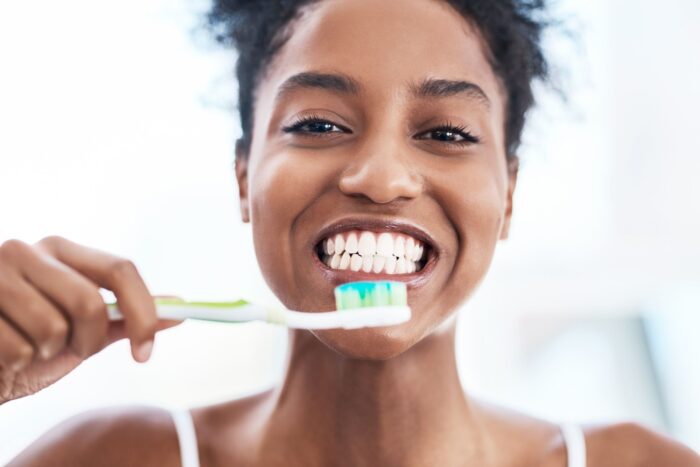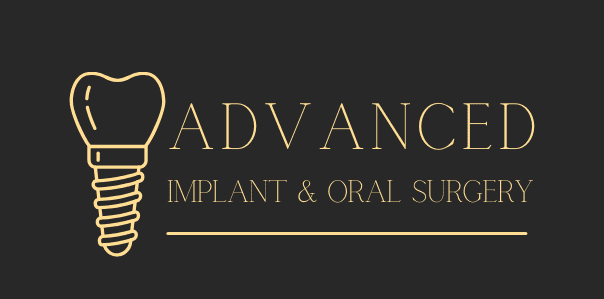You can find tooth replacements you can trust to restore your smile in the wake of tooth loss with dental implants. These prosthetic teeth rely on surgically inserted anchors that will last for twenty years or longer with proper care.
A major part of this care includes cleaning your fixtures as well as the rest of your smile to keep your teeth and gums healthy. To get the most out of your implant treatment, you will need to stick to a good oral hygiene regimen. Read on to find three tips from your periodontist and implant expert for maintaining proper oral hygiene after receiving dental implants.

Keep Your Smile Clean After Implant Dentistry
Brush Your Teeth with Care
Many people appreciate that the prosthetic teeth of dental implants will resist both staining and decay. But these dental fixtures will still garner plaque throughout your day, so you will need to continue a good oral hygiene routine. And this includes brushing your teeth at least twice each day as you would with your natural teeth.
If not removed promptly, plaque will spread from your implants to your teeth and gums, causing your remaining teeth to suffer decay or other issues. You also could contract gum disease that could threaten further missing teeth. Therefore, you must brush your teeth to get rid of these dental dangers and hazardous residues.
Ideally, you should choose toothpaste and oral hygiene products that suit sensitive teeth in order to preserve your dental implants. You should also select a soft-bristled toothbrush so that you do not scratch and damage your prosthetic teeth.
Floss Daily
When it comes to your oral hygiene regimen, flossing is just as important as teeth brushing. You should floss on a daily basis, even after receiving dental implants. Traditional flossing using string floss will remain an effective method of cleaning plaque from between your teeth.
Some patients might want to try an alternative flossing tool like a water pick. This device produces an irrigated stream of water that will wash away residues between your teeth. This can be easier to maneuver between oral appliances like dental implants.
Visit Your Dentist for Routine Teeth Cleanings
For optimal preventative dental care, the average dental patient should schedule routine appointments with their dentist every six months. This establishes an ideal window for the dentist to remove plaque in tough-to-reach spots of the mouth through teeth cleaning before it can harm your oral health. You should stick to this schedule after receiving dental implants too unless otherwise instructed by your dentist.
During this visit, a dentist will also check that your implants still function as they should. They can examine the rest of your smile too to ensure no dental problems will impact your implants or your overall oral health.
If needed, a dentist will provide treatment to resolve these issues swiftly. Call your dentist if you notice problems with your implants or your smile. Extreme pain or swelling near your implants may mean the fixtures are failing and require dental intervention.
